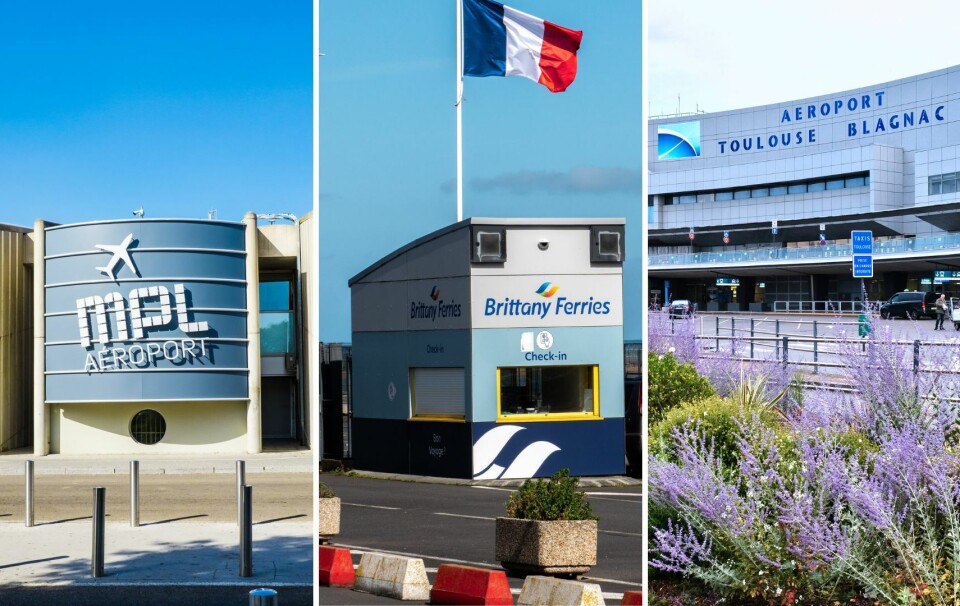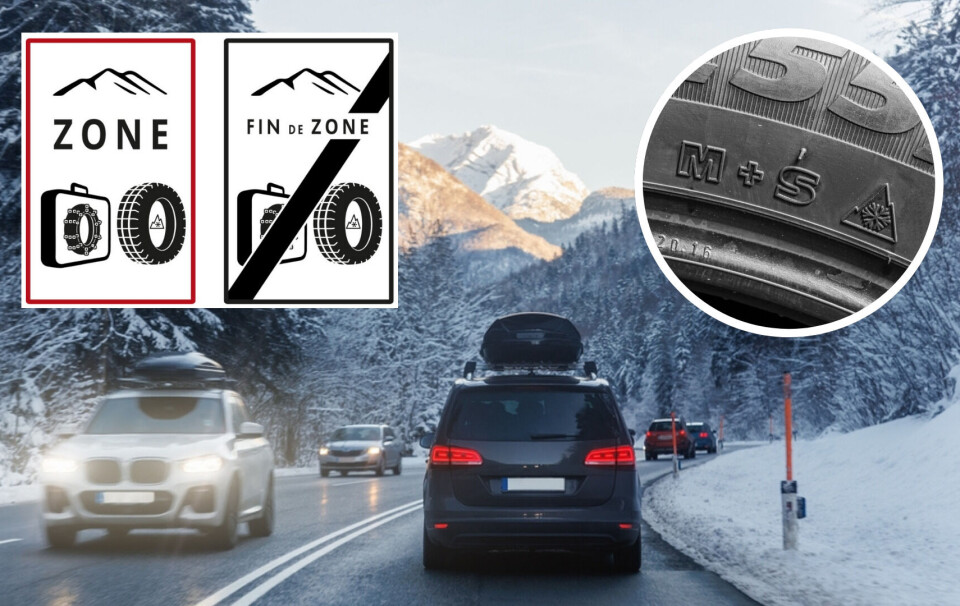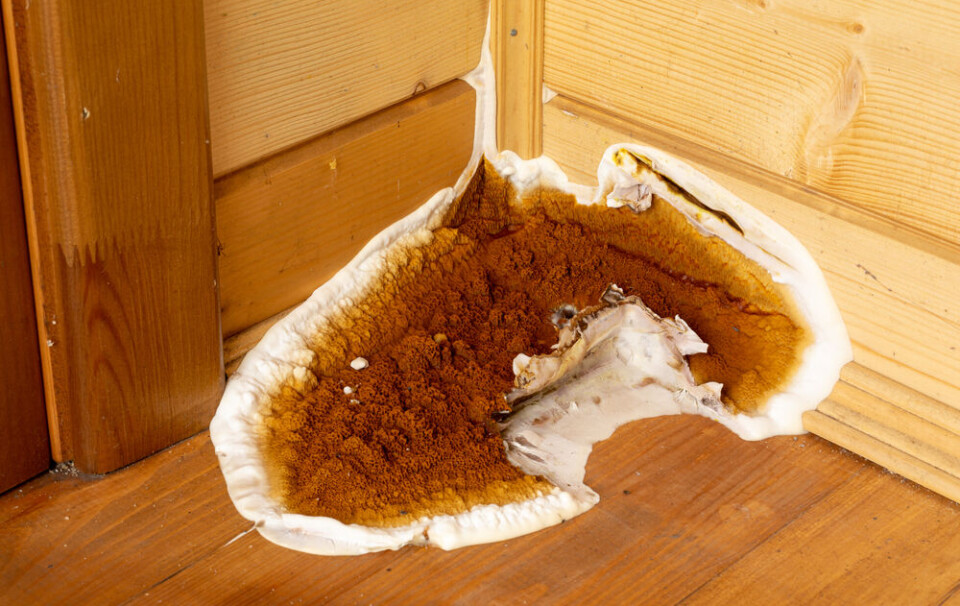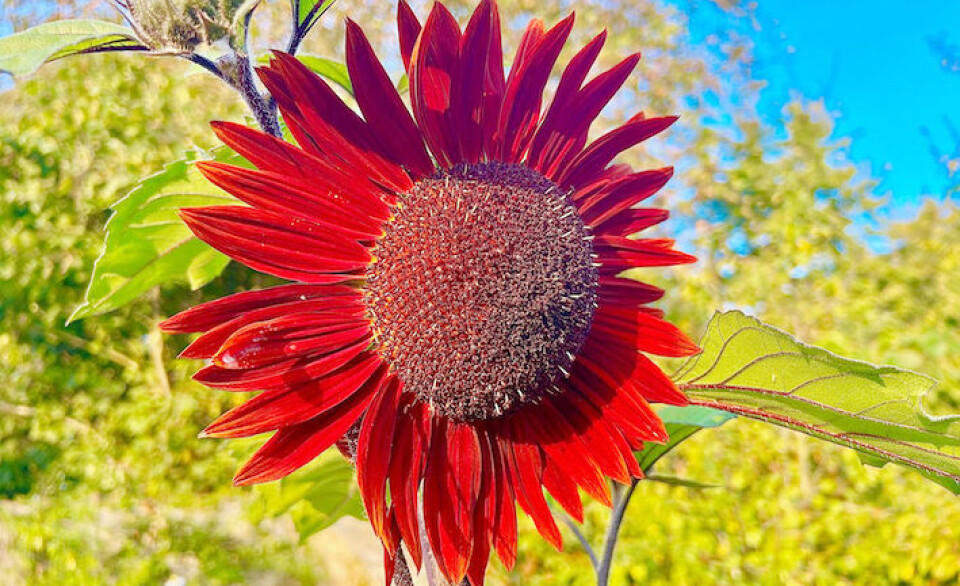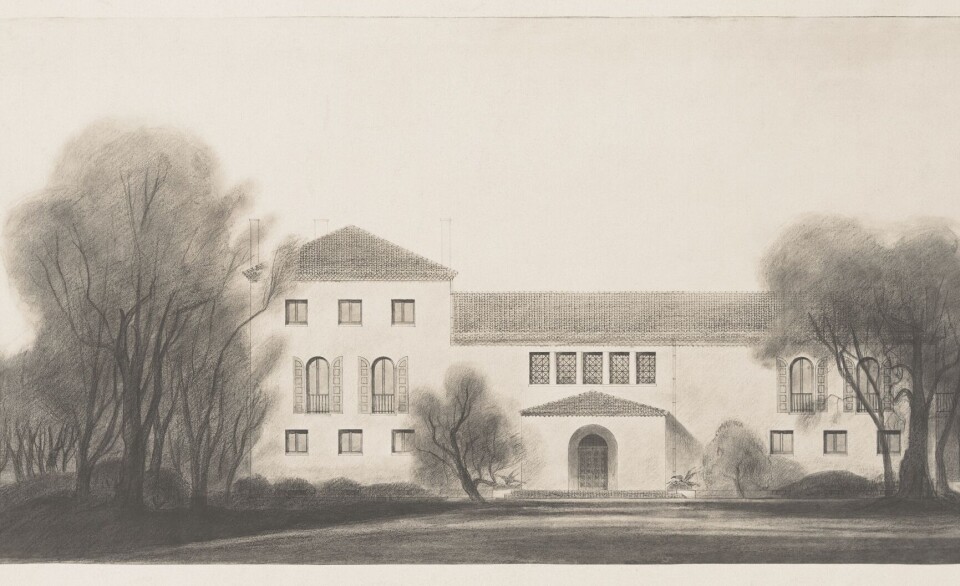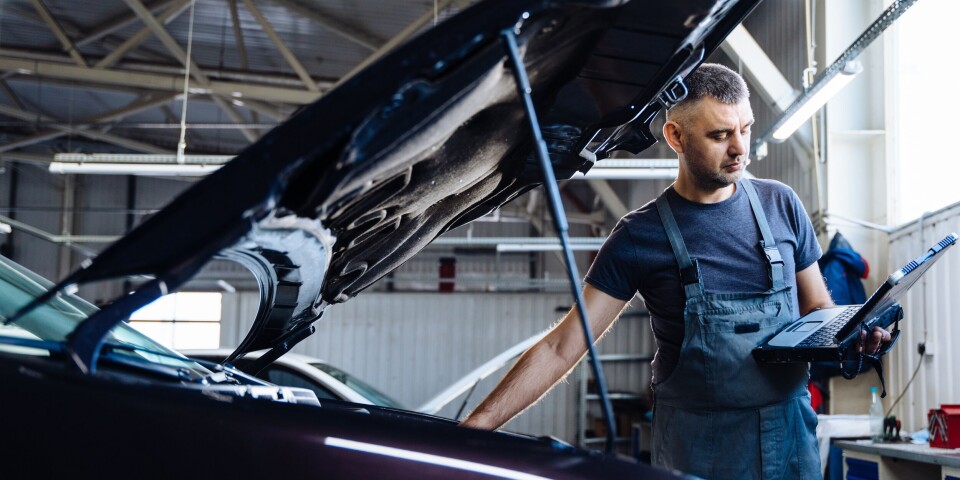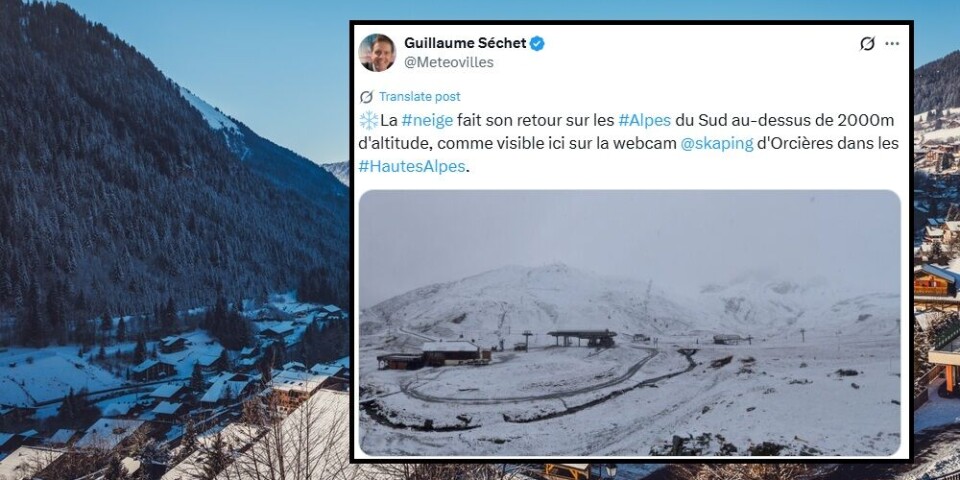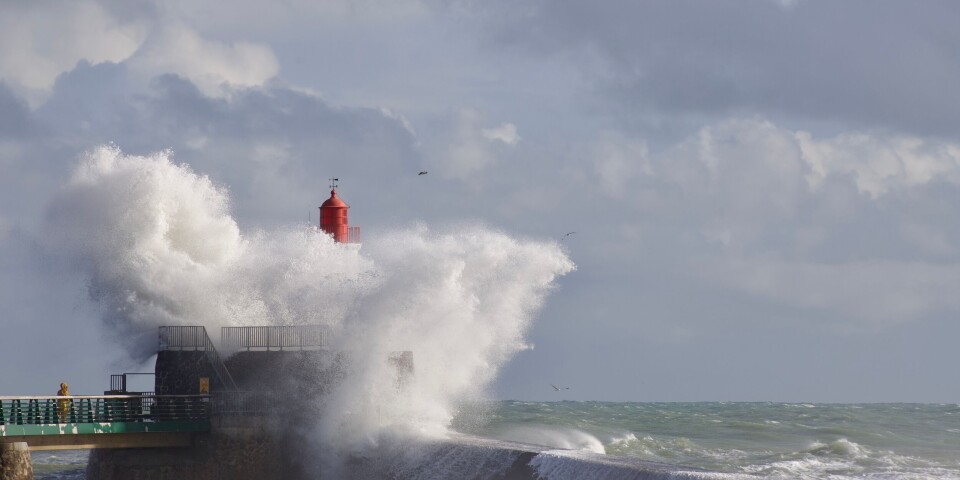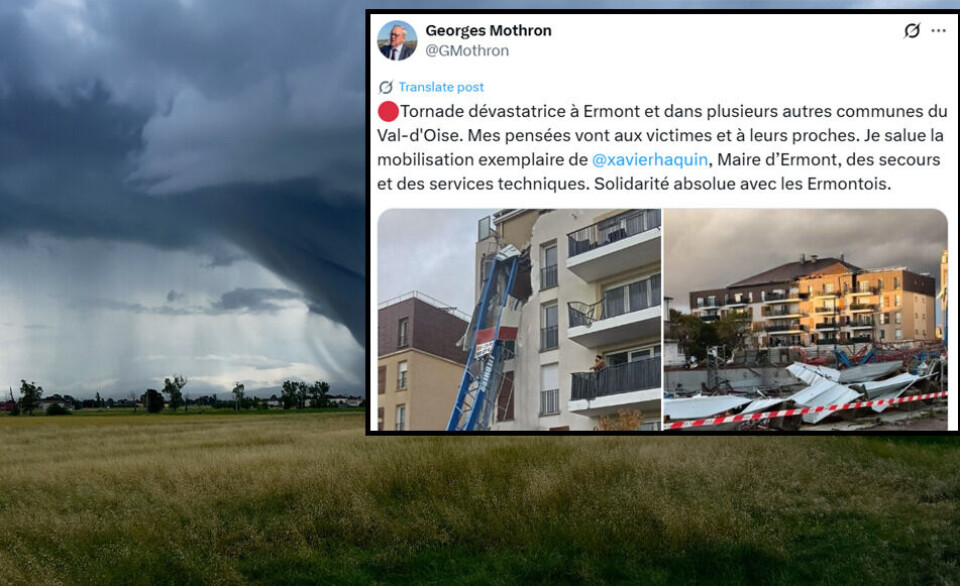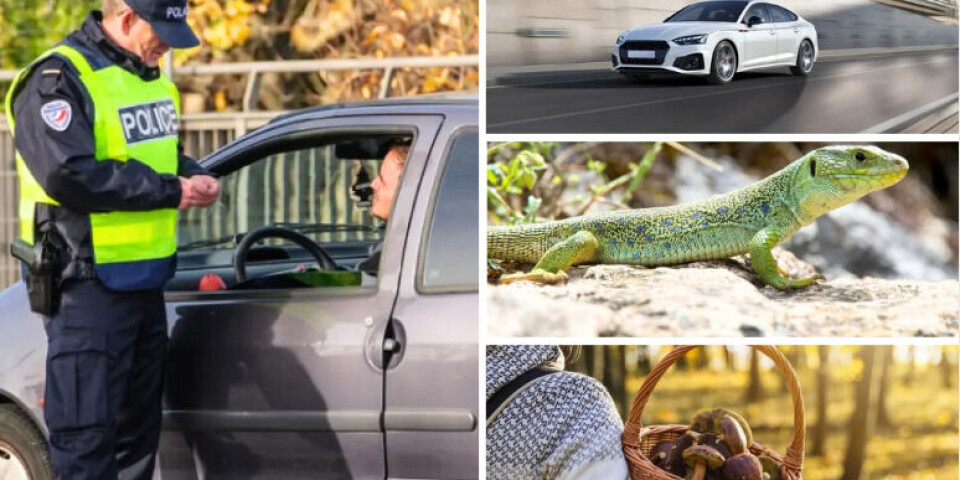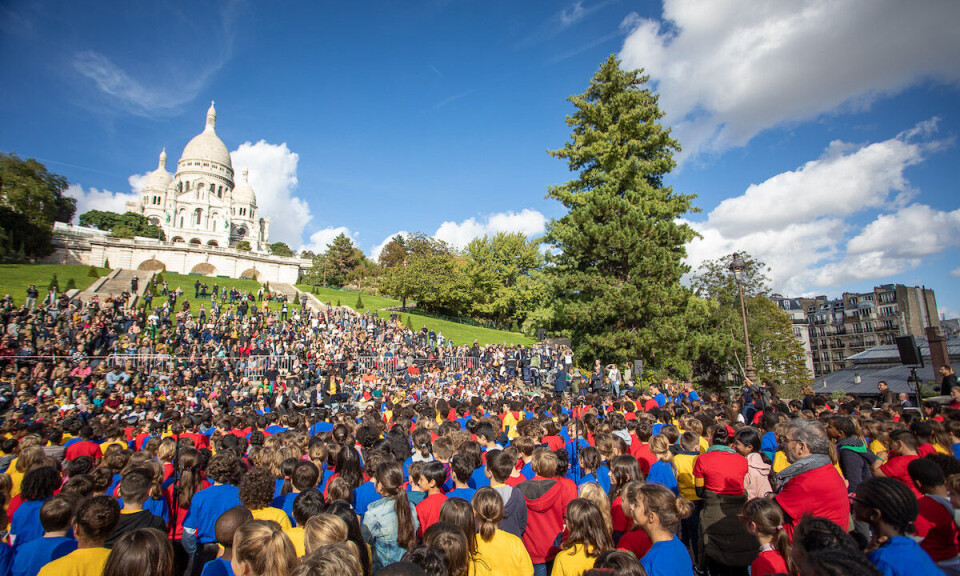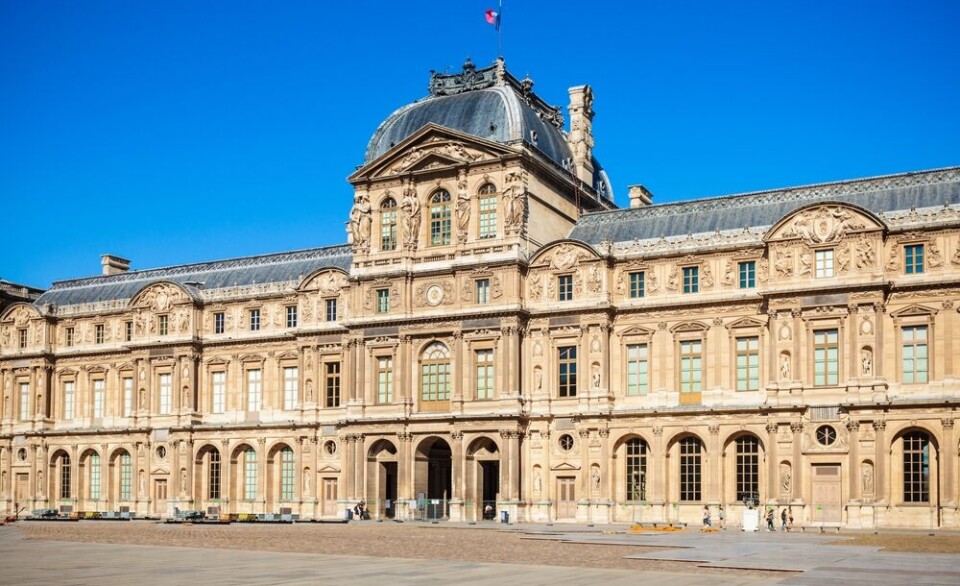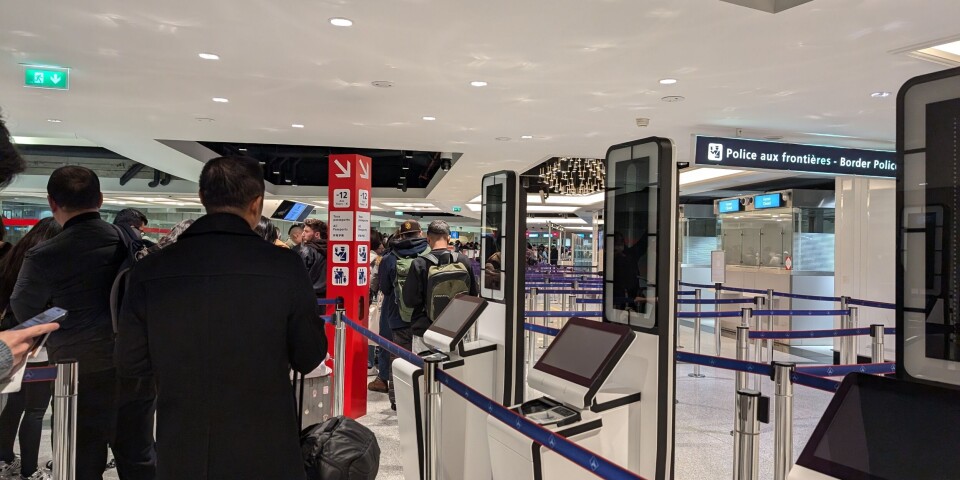-
Man dies after being shot during boar hunt in south-west France
Fellow hunter in his eighties was taken in by police for questioning
-
Classic French recipe with an exotic twist: caramelised onion soup
A dish inspired by the travels of two Paris chefs
-
Listen: Stag bellowing season to begin in French forests
Every year, nature-lovers gather to listen out for the sound and even compete to imitate it best. A 500-hour livestream is available of the bellowing season on TV this year
Why are wild boar now a common sight in French towns?
Hunting, climate change and town residents feeding them have contributed to an explosion in wild boar numbers, experts say
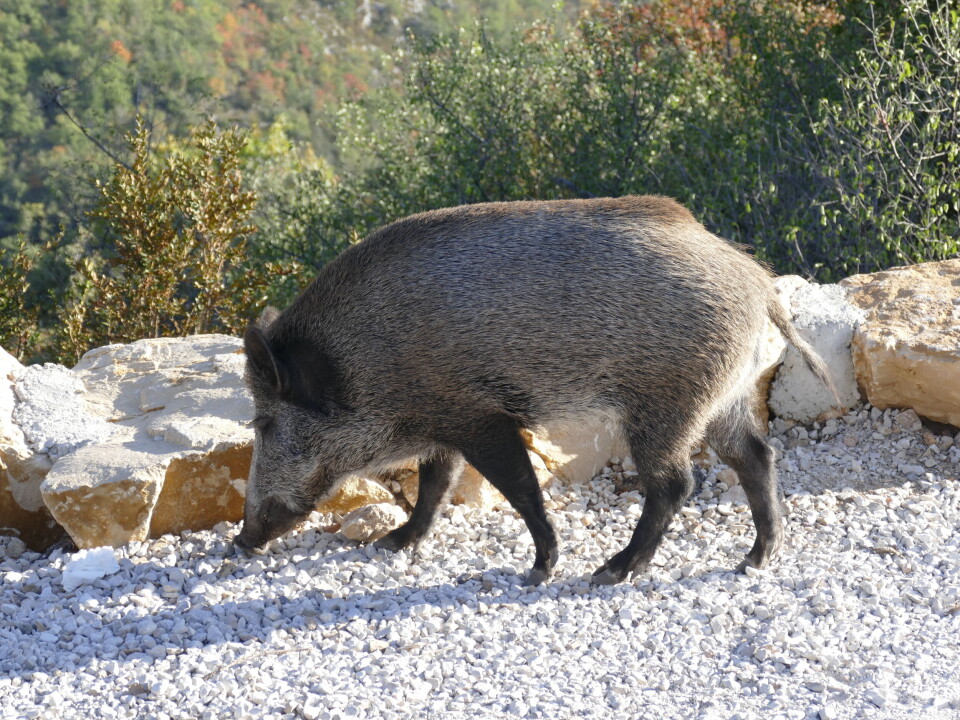
Wild boar were once limited to the countryside but have become a common sight in French towns and are accused of disrupting traffic, tearing through bin bags, and ransacking gardens.
Yet this proliferation is largely a response to human activity, says ecologist and geographer Raphaël Mathevet, the co-author of the book Sangliers, géographies d’un animal politique.
Hundreds of thousands born each year
The population is regulated by hunters, who killed more than 800,000 in 2021, compared to 35,000 in the early 1970s.
Sangliers are viewed as a menace believed to cause €35million of agricultural damage each year, as well as 30,000 road collisions.
Despite intensive hunting, there are estimated to be between one and two million boars in France, according to Dr Mathevet, with hundreds of thousands born each year.
Read more: Is there a way to check if a hunt is taking place near me in France?
Milder winters mean more survive
The first reason for this historic rise in numbers, says the researcher, is “the disappearance of large predators, such as wolves and lynxes”.
Another is “the abandonment of the most unproductive agricultural land in the context of the post-war modernisation of agriculture.
“This land was spontaneously taken over by forests, which today cover 30% of the country”.
Forests are a source of food and shelter to the animals, which are also drawn to corn and cereal crops.
“At the same time, hunters also supported the return of wild boars in their hunting areas, due to a lack of small game, which declined in our countryside with mechanisation and changing agricultural practices.
“Finally, climate change can lead to more abundant food in forests, and reduces the animals’ natural mortality due to the absence of very cold winter temperatures.”
It adapts it reproductive system
Dr Mathevet said the wild boar has a great capacity for adaptation and has changed its behaviour in response to hunters.
“It changes its habitat, opting for open fields and prairies rather than undergrowth, garrigue and forests – closed spaces where they can be hunted.
“It adapts its reproduction system. Whereas usually it’s the dominant males that will reproduce with females, in critical times, all large males do so, and the females also mate much earlier.”
They are not hunted in towns
A number of urban sightings have been reported in Var, south east France, recently.
Read more: Wild boar approach homes in south of France out of hunger and thirst
They are particularly common in coastal towns such as Saint-Raphaël and Fréjus, as they have only been hunted heavily for two or three years in southern Var, compared to five in the northern part, according to Yves Bray, head of the Office français de la biodiversité (OFB) for the department.
“The more boars there are in the department, the more likely they are to come closer to towns,” he said.
They encroach upon towns because they will not be hunted there, and there is food available.
“They will go through bins, but it’s mostly because people feed them.
“People mustn’t forget they are wild animals. There can be accidents – it’s rare, but we have had cases of bites.”
Scare them off without cornering them
It is important not to give them food. “When they are fed, they stop fearing humans and become less timid while remaining wild animals, which can increase the risk of bites or charges,”
Dr Mathevet said. “When you come across a boar, it’s important to keep a good distance and speak to them or scare them off, without cornering them so they won’t charge.”
He cited urban sprawl as another reason for their arrival in towns.
“Other European cities, like Barcelona, Berlin and Rome, must also deal with the presence of boars.”
Hunters accused of maintaining numbers
Hunting lobbies cite the number of wild boars and the destruction they cause as evidence that their activity is necessary.
Read more: Hunt federation boss ‘regrets’ people are afraid of hunting in France
“In view of the current population size and the abundance of food, it is reasonable to think that if hunting stopped, the numbers would explode,” said Dr Mathevet, adding that experiments are under way to find alternative methods of preventing damage, such as fences or ways to scare them off.
Hunters have also been accused of maintaining numbers for their own interests.
“The instructions from the Fédération des Chasseurs are to hunt boars over a longer period to pay less in damages,” said Mr Bray, referring to the fact that hunting federations must pay compensation to farmers whose fields are damaged by boars.
“That’s not to say that, on the ground, everyone respects this and that there aren’t some who ease off to maintain the population.”
Once a symbol of bravery
These tensions partly explain why, in the title of his book, Dr Mathevet refers to the wild boar as a ‘political animal’.
“Before and after World War Two, it was extremely sought-after by naturalists and hunters, it represented the wild in a country where we had exterminated wolves and lynxes.
It was also a symbol of courage and bravery, and conferred these qualities to those who hunted it,” he said.
“Due to a deliberate policy of development combined with the disruption of modernity and climate change, it became a species found on roadsides and the outskirts of towns.
“It’s become commonplace and today we only focus on the problems it creates.”
Related articles
French railway fits innovative alarm system to stop wildlife accidents
Hunting ‘feels safer’ in France than in the UK
French vineyard offers free wine to noisy campers to keep boars away





